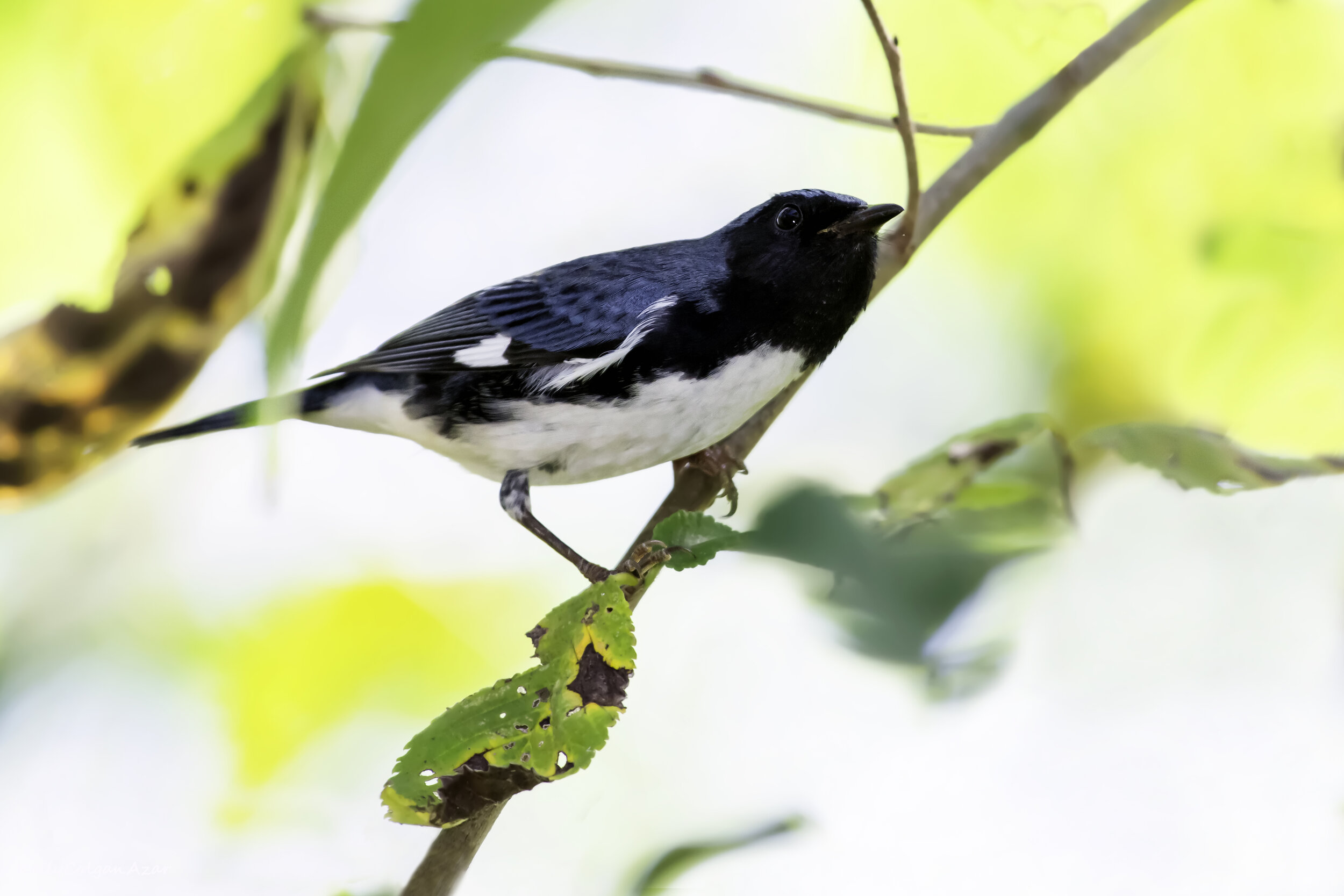Birds are awesome. Some of the people they’re named for aren’t.
Birds should have their own descriptive names. And as of March 26, 2021, Madison Audubon joins 10 other organizations rallying behind the Bird Names for Birds movement, which pushes for birds with honorific names (like Henslow’s Sparrow and Cooper’s Hawk) to be renamed with names that describe the bird.
Madison Audubon is now an official supporter of Bird Names for Birds!
If you’re wondering what the heck this has to do with bird conservation, don’t worry, we’ve got a great explanation for you.
Bird Names for Birds is a grass-roots movement to change the official (AOU) common, English names for birds in North America that currently have eponyms (a person after whom a discovery, invention, place, etc., is named or thought to be named) or honorific (a name given to something in honor of a person) names. These names would be changed from being about people to being about the bird: describing the bird’s appearance, behavior, range, etc.
The beautiful and aptly named Black-throated Blue Warbler. Photo by Kelly Colgan Azar
Some bird names describe the bird, such as the Black-throated Blue Warbler or the Brown Creeper. Some birds, though, are named for people—usually the white person who “discovered” it—and almost always that person is white with a cultural heritage of white supremacy. These human-bird names are problematic because they perpetuate colonialism and the racism associated with it and represent people who the birding community or Madison Audubon should not honor today. These people lived lives that do not uphold the morals and standards the bird community should memorialize, including but not limited to enslaving people of color, grave digging, exploitation and assault of native communities, and beyond. Even our own namesake, John James Audubon, falls into that category and has prompted numerous conversations about what that means for our organization.
Birds should have bird names, and these honorifics should be changed.
Why this matters to the Madison Audubon community
Words matter, and the frequency with which birders say bird names that reference racism, colonialism, and oppression is substantial. Conservation is only possible when a diversity of people are represented and respected. Our habitat restoration efforts are not hindered by taking a moment to be considerate of fellow and future bird-enthusiasts.
This work is in line with our values and commitment to diversity, equity, inclusion, and access. We must proactively live our values, and this is a great opportunity to do so.
By removing bird names that celebrate a culture of harm to Black, Indigenous, and other People of Color (BIPOC) and/or perpetuates a culture of white centrism, we make our birding community a more welcoming place.
By taking an active stance in favor of changing bird names for racial justice reasons we are proclaiming that Madison Audubon cares about how people of all races feel while they’re in nature. We are declaring that our organization and its staff, leadership, and community do not want to perpetuate a white supremacist or racist culture within our organization or in our natural spaces.
We are creating content, learning opportunities, volunteer opportunities, and conversations for all of the people within our 10-county service area. This is one small step towards making our organization more appealing to and safe for diverse communities, including individuals who are Black, Indigenous and People of Color.
Deepening a relationship
Our relationship with Bird Names for Birds began in February 2021 when our education department created our Bird Names for Birds lesson, and taught it with 10 classrooms in February-March 2021. It was a huge success! Bird Names for Birds was a big supporter of this work, and it was great to network with them on the project!
Learn more about that lesson and its results here.
If you have any questions, feel free to send us an email at info@madisonaudubon.org. Thank you for your part in making the bird-watching hobby more welcoming to birders of all walks of life!
Shared photo: LeConte’s Sparrow by Andrew Cannizzaro FCC





